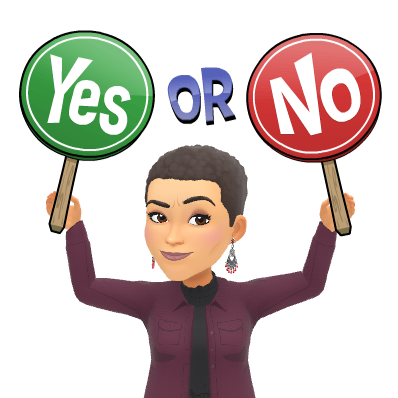Dys-What?
South Hornby RTLB Office Tower Street 11 May 2018
Kerrin O'Connor RTLB
Gay Findlay RTLB
As part of the RTLB Cluster professional development programme, Karen, Brenda, Kathy and I attended the Dys-What? workshop. A very valuable session and even better that three quarters of our learning support team were able to attend. I always find these types of things really good when a group of people are present and are all motivated about what has been shared. It is more effective than one person going and then trying to share, motivate and engage others. I found this session extremely helpful for all of us.
Dyslexia
Dyscalculia
Dysgraphia
Dyspraxia
Dys what? Activity-
We used the tes resources diagrams and a list of difficulties. We discussed in our group if the difficulties were dyslexia, dysgraphia, dyscalculia and/or dysgraphia. This activity was great to get a better understanding of what characteristics and issues each of these can show.
 |
| In depth discussion with Kerrin. |
YES or NO Activity

A list of of ten statements about these conditions were given and we discussed whether the statement was true of false. We then shared our thinking and checked our understanding.
What can we do to help?
Tips
- Be strengths based.
- Clear and concise instructions.
- Repeat and rephrase instructions.
- Photo or copy of instructions.
- Acknowledge when students ask for help.
- Right to pass is available.
Writing
- Alphabet cards and visuals.
- Talk about what will be written, plan.
- Use exemplars.
- Mindmaps.
- List of key words.
- Information on strips of paper.
- Present and share work.
Reading
- Comic Sans, Verdana, Bubblegum SansDiscuss reading strategies
- Give time.
- Colour overlays over black font.
- Introduce story and use vocabulary.
- Discuss reading strategies for unknown words.
Spelling
- Use a multi sensory approach.
Math
- Kinesthetic
- Precision teaching
- Reversals-help them notice.
- Number strips
- Hundreds board for learning tables and patterns.
- Read questions.
Dysnomia
Definition: Dysnomia is a learning disability that is categorized by a difficulty in remembering names or recalling words from memory needed for oral or written expressive language.
Rather than getting a diagnosis, focus on giving the children time. There are different strategies that we can use to support learning.
As children move into secondary school, in order to get funding and support, they will need a diagnosis.
School can go through RTLB for SACK/SATH/SAS???
Helps children with memory.
Click link to website
Rather than getting a diagnosis, focus on giving the children time. There are different strategies that we can use to support learning.
As children move into secondary school, in order to get funding and support, they will need a diagnosis.
School can go through RTLB for SACK/SATH/SAS???
VAMP
Visual and Auditory Memory ProgrammeHelps children with memory.
Click link to website
Memory activity-warm up for Math. Listen to number sequence and repeat. Can do forward and backwards.
Other Ideas for Memory
Other Ideas for Memory
- Mnemonics
- Charts
- Rote learning (sometimes) Culturally responsive in the fact that it is verbal/oral
- Connect with prior knowledge
- Move while memorising
Resources
(See slide for list of resource ideas)
Agility With Sound
Multi Lit and Mini Lit
Paper version of handouts can be downloaded through the shared slide.
TKI site is full of great resources.
Check out Pinterest
Take homes
- Non contact time for TAs...
- Exemplars of writing.
- Reading strategies-have we been taught strategies.
- Rainbow reading...look into. Look into reading pen.
- Staff learning. Run a session of the activities.
- VAMP
- Lexia Core 5









I really enjoyed attending this course. It was hands on and had a lot of valuable information that will be extremely useful.
ReplyDeleteThis is really interesting, I learnt a lot just from the post, it was easy to understand and good practical ideas for how to support these learners. I am keen to learn more about how many of our students have this characteristics and what we are putting in place to support them.
ReplyDeleteIt sounded like a really worthwhile and valuable course to go on. It is interesting to read the different strategies for each learning area. Something to definitely take into account when planning lessons and creating resources!
ReplyDeleteWould love to know more, sounds like a great half day. Would be great to have a copy of the posters.
ReplyDeleteI love those posters, what a great way to compare and contrast the different things. It would be great to have these accessible in an online folder somewhere! So glad everyone had a great day of learning. :) :)
ReplyDeleteI thought this sounded really interesting when I saw this on the calendar and it certainly sounds like a worthwhile day. There is so much information here that I didn't know and those posters look fantastic. I look forward to hearing more about this and how it can help the many learners we have affected by these difficulties.
ReplyDeleteVery interesting! I have learnt so much from just reading this. So much to learn - variables!
ReplyDelete